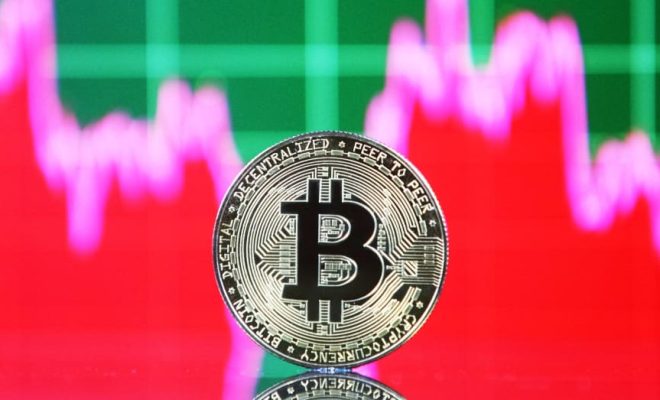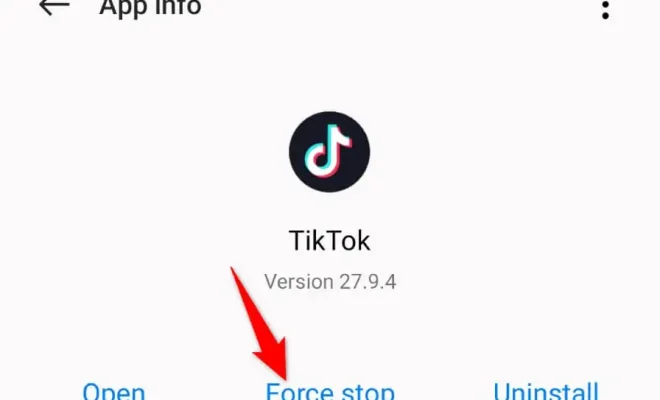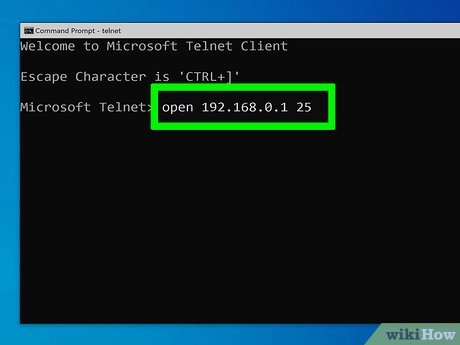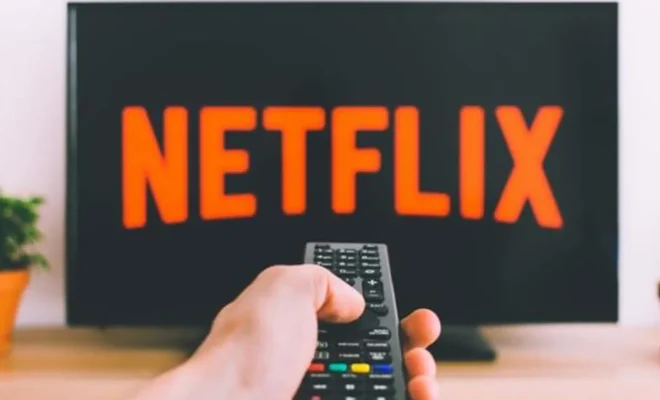What Will Happen After All 21 Million Bitcoins Are Mined?

Bitcoin is a digital currency that is decentralized, meaning there is no central authority governing it. It was created in 2009 by an anonymous person or group using the pseudonym Satoshi Nakamoto. Bitcoin is unique in that there is a limit to the number of coins that can be created. The total number of Bitcoins that can ever be created is 21 million. As of August 2021, around 18.7 million Bitcoins have been mined, leaving just under 2.3 million left to be mined. So what happens when all 21 million Bitcoins are mined?
The first thing to note is that the process of mining Bitcoin becomes progressively more difficult as more coins are mined. This is by design to prevent the rapid inflation of the currency. As more coins are mined, the rewards for mining decrease. When Bitcoin was first created, the reward for mining a block was 50 Bitcoins. This reward is halved every 210,000 blocks, which is approximately every four years. The current reward for mining a block is 6.25 Bitcoins. When all 21 million Bitcoins are mined, there will be no more block rewards to be earned.
Miners will still be able to earn transaction fees, but these fees will likely be much lower than they are today. The fees paid to miners are used to incentivize them to include transactions in the next block they mine. When there are more transactions waiting to be included in a block than there is space in that block, users will pay higher fees to ensure that their transaction is included. However, once all 21 million Bitcoins have been mined, there will be no block rewards to compete with transaction fees. This means that transaction fees will likely be much lower than they are today, as miners will not need to compete for block rewards.
Another potential impact of all 21 million Bitcoins being mined is on the price of the currency. Bitcoin is often compared to gold, in that it is a finite resource that is difficult to mine. As we approach the end of the mining process, some analysts believe that the price of Bitcoin may increase as the supply becomes more scarce. However, this is far from guaranteed, and the price of Bitcoin is notoriously difficult to predict.
So what happens to the Bitcoin network once all 21 million Bitcoins have been mined? The short answer is that the network will continue to exist, and transactions will still be processed. However, the economics of the network will change. Miners will no longer be able to earn block rewards, and the fees paid by users to have their transactions included in a block will likely be much lower. This means that the profitability of mining Bitcoin will be much lower than it is today.






